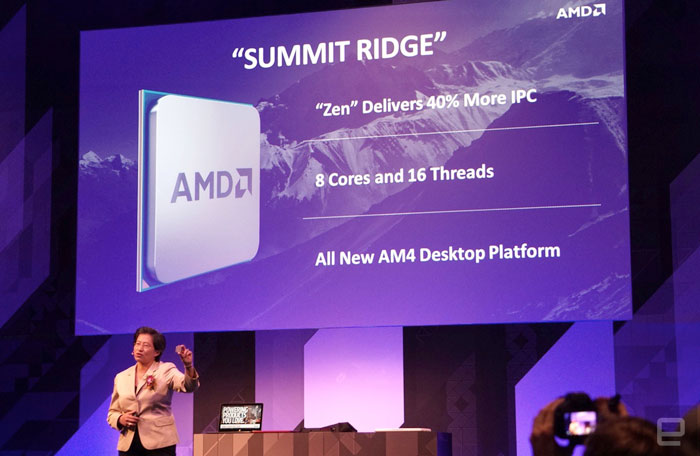According to reports emanating from Taiwan's motherboard industry, via DigiTimes, manufacturing motherboards supporting AMD Zen chips will incur additional expense due to necessary design tweaks and additional components required.
In particular, reports say that the ASMedia chipset's "USB 3.1 transmission speeds drop dramatically as circuit distance increases". To remedy this motherboard makers will have to add retimer and redriver chips, or even an independent USB 3.1 IC chip, or else end-user USB 3.1 connectivity performance will be under par or may even not work properly.

The above complication will add an unwelcome build cost for AMD Zen motherboards of between US$2-5, according to industry players. In a cost-sensitive, competitive industry that cost will of course need to be passed on to buyers. In order to smooth out these unforeseen wrinkles AMD is reportedly "considering acquiring retimer and redriver chips via third-party suppliers to sell along with the Zen chipsets," but such a deal has yet to be confirmed.
DigiTimes attempted to squeeze statements about the chipset issues from both AMD and ASMedia sources. AMD responded by saying it was pleased that Zen is on track but wouldn't comment on board-level matters. Its Zen processors have achieved a "satisfactory yield rate" and will shortly be in the engineering sample stage. ASMedia asserted that the USB 3.1 issues were just a market rumour while in fact its chipset's signal, stability and compatibility have all passed certification.

AMD Zen chipset designs are said to have been finalised with mass production scheduled for Q4 2016.













